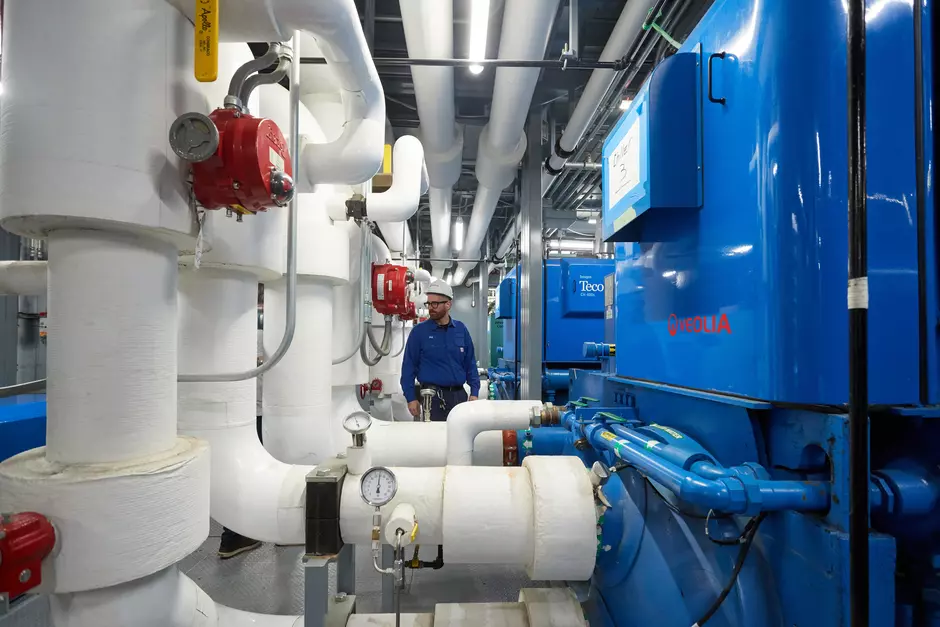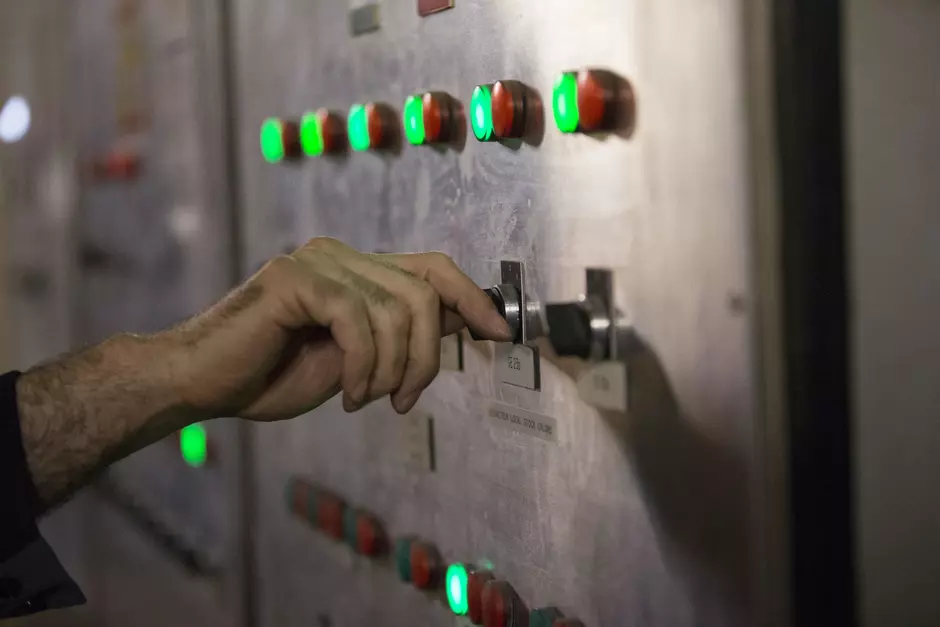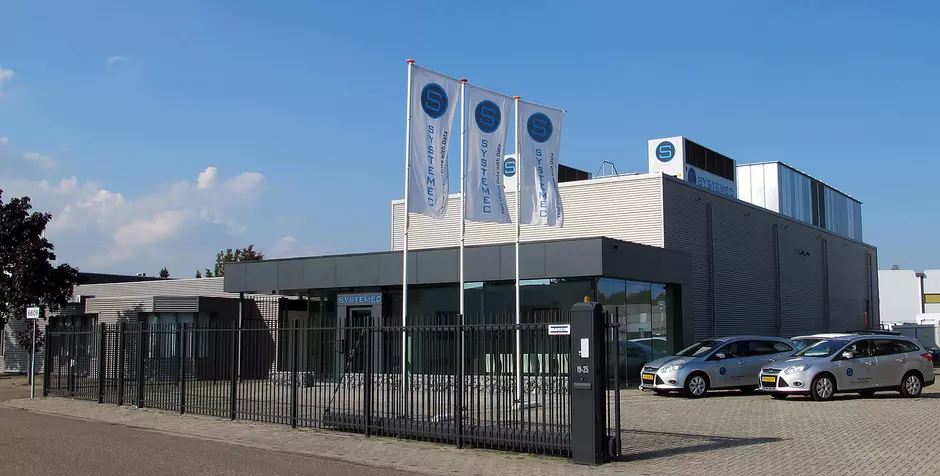Thanks to Flexcity’s solution, Systemec optimizes its emergency generators and engages itself in the energy transition of the Dutch electricity grid.


Concerned assets
GTL fueled emergency generators

Proposed service
R3 UP - Testpool

Partnership since:
2014
The context
Systemec is a full-service Internet Service Provider (ISP) with its own tate-of-the-art data centers in the Netherlands and Germany. Since 1997 Systemec offers advanced and reliable solutions for a wide range of ICT-infrastructure topics.
Innovation and sustainability are their starting point without making any concessions on quality and reliability. To ensure the power supply of their sites and comply at the same time with energy efficiency and ecological principles, Systemec needed a solution for the monthly mandatory testing of their emergency generators.
Systemec also looked for a green alternative for the fuel of their emergency generators. They now use GTL, the new generation of diesel fuel. GTL burns cleaner than conventional diesel and produces therefore less local emissions. It is therefore ideal for emergency generators.
Flexcity’s solution: valorization of the emergency generators
Flexcity’s services use the important availability of the emergency generators to create a new revenue stream for Systemec and engage it in energy transition.
Taking into account Systemec’s technical constraints, Flexcity analyzed the sites to identify the emergency generators as flexible assets in the Testpool. It means they are able to support the Dutch electricity grid by being activated if there would be a high shortage, through injecting electricity into the grid via the tertiary electricity reserve - called R3.
This reserve is only activated in case of an important lack of power on the grid. At those times, Systemec directly reduces the stress on the electricity grid by injecting power from its generators within 15 minutes via R3 UP Testpool. Being part of the Testpool minimises the risks of power outages for participants such as Systemec, because participants support each other.
These activations happen periodically and enable Systemec to fulfill the monthly mandatory test at the same time. Flexcity is responsible of successfully achieving these activations and remunerates Systemec to make its emergency generators available for the grid and for the injected power. Thus, Systemec benefits from supplementary revenues, while supporting the national grid and enabling more renewables in the Dutch energy mix.
In addition to less environmental impact and a contribution to the energy mix, we save costs. Our emergency generators are regularly activated by Flexicity and run in a cost-neutral way. This is very valuable to us. Sjoerd Derkx, Managing Director
Using Flexcity’s advanced services, the emergency generators are equipped with a smart control device, the Flexcity Box. Through automatic signals, this device starts up the emergency generators during an activation. The Flexcity Box runs a local algorithm to deliver R3 service in a continuous, automatic and decentralized way.

The benefits for Systemec
- Risk free participation to the Testpool, inclusive compensation of costs
- Flexcity optimizes the mandatory tests.
- Higher operational reliability ny synchronizing periodical tests with an imbalance situation of the national grid.
- Systemec supports the national electrical grid by injecting power when necessary.
- Proposing flexibility to the grid promotes the integration of renewables into the energy mix.


